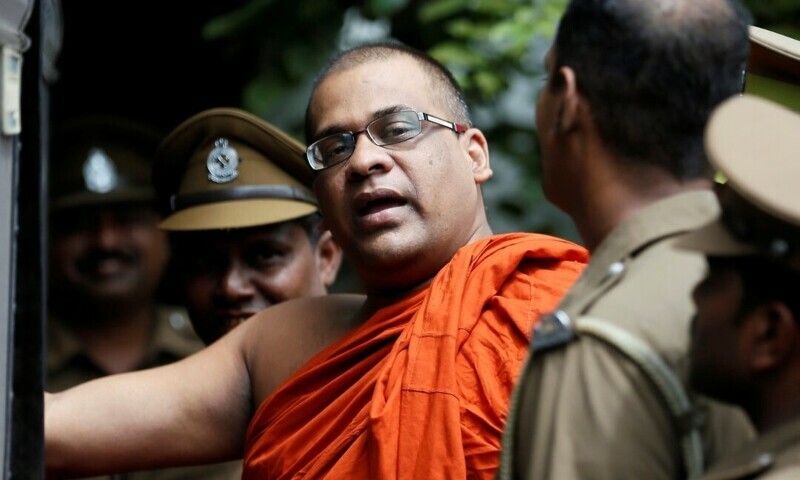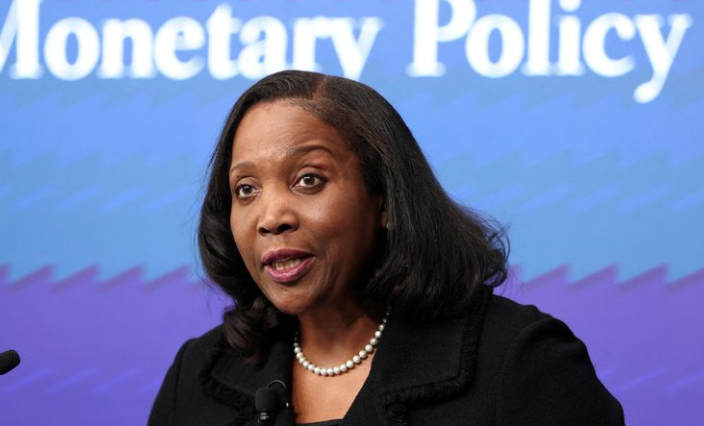WORLD NEWS

Galagodaatte Gnanasara, a controversial Buddhist monk in Sri Lanka, was sentenced to nine months in prison on Thursday for making anti-Muslim remarks dating back to 2016. This is the latest in a series of legal troubles for the monk, known for his inflammatory rhetoric against the country’s Muslim minority.
Muslims make up just over 10% of Sri Lanka’s population of 22 million, and Gnanasara has been accused multiple times of inciting tensions against the minority community.
Last year, he was convicted on similar charges and sentenced to four years in prison. However, he was released on bail while appealing the sentence.
Ties to Former President Rajapaksa
Gnanasara’s political and social influence peaked during the presidency of Gotabaya Rajapaksa, who appointed him in 2021 to head a panel tasked with reforming Sri Lanka’s legal system to promote religious harmony.
The appointment drew widespread criticism, with opposition lawmaker Shanakiyan Rasamanickam calling it “the definition of irony.” Critics argued that Gnanasara’s history of anti-Muslim rhetoric made him unfit for such a role.
Rajapaksa, who was forced to resign in 2022 amid nationwide protests over Sri Lanka’s economic crisis, had long been a patron of Gnanasara. The monk’s influence waned after Rajapaksa’s departure, and he has since faced increased scrutiny and legal action.
A History of Controversy
Gnanasara has faced multiple convictions over the years. In 2018, he was sentenced to six years in prison for intimidating the wife of a missing cartoonist and contempt of court. However, he served only nine months before being pardoned by then-president Maithripala Sirisena.
Despite his repeated legal issues, Gnanasara remains a polarizing figure in Sri Lanka’s religious and political landscape, drawing both staunch supporters and fierce critics.
Calls for Religious Harmony
Sri Lanka has long grappled with inter-religious tensions, and Gnanasara’s repeated actions have fueled calls for stronger measures to ensure harmony among its diverse communities.
Human rights advocates argue that the monk’s convictions should serve as a warning against hate speech and incitement, urging the government to adopt stricter policies to safeguard religious harmony.




